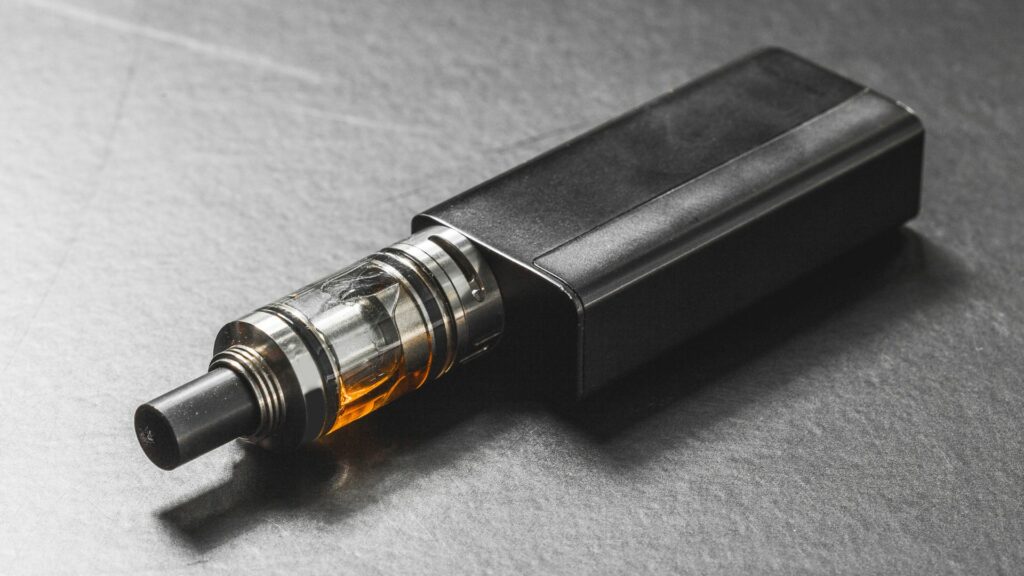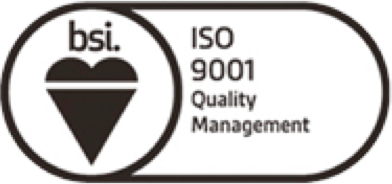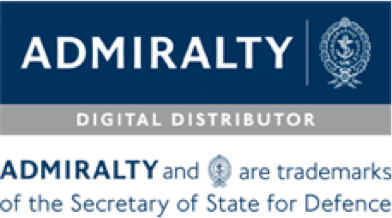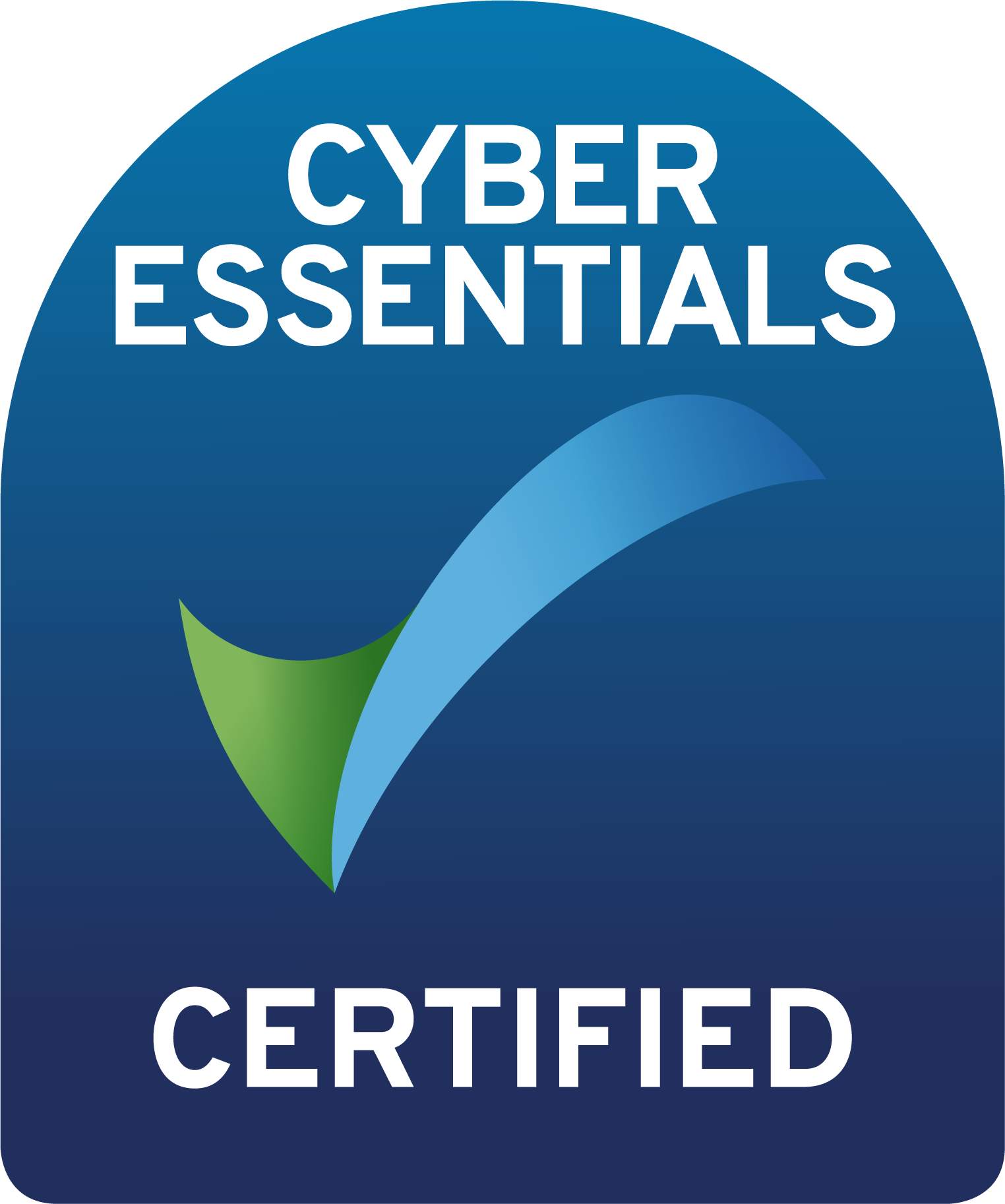There has been quite a bit of concern around the safety of lithium-ion batteries due to the number of fires that have occurred recently on multiple yachts. That said the number of devices that are currently in circulation has increased dramatically and with it will come an increase in incidents.
dsnm spoke to Rob De Silva from Dark Blu Inc who has been providing courses on lithium-ion battery awareness for the past three years about the additional risks on board now.
Due to the significant weight saving that lithium-ion batteries offer compared to traditional lead acid batteries, as well as higher storage capacity, low maintenance and a longer lifetime it is no wonder that they are popular onboard superyachts. There are obviously lots of manufactured items like drones, electric surfboards, jets skis and much more on yachts however, what is very rarely discussed are the risks brought onboard by the crew in the guise of handheld items like mobile phones and more recently vapes.
Lithium-ion Battery Training
There is not currently a qualification and the STCW course does not broach this hazard. Dark Blu Inc are the only company that we understand are even looking at providing training in this area. Their team will tailor the lithium-ion battery training to fit the specific requirements of your vessel and crew.
We spoke to Rob De Silva, who said “Our approach has been to visit the yacht, get a brief about what is onboard from one of the senior officers (either safety officer or engineer), provide an awareness briefing to the command and look at what they currently have in place to deal with any incident. In some cases, some vessels have not had it on their radar. Once the command has been briefed, we move to a whole crew brief, with the onus on privately held devices, in particular vape machines. Courses can be stand alone or built into whole crew training”
He highlighted the importance of trying to get yachts to regulate the items that are brought onboard, they are not trying to expose the risks, they are trying to protect you from the risks.

Regulations for dangerous substances
The Inventory of Hazardous Materials (IHM) came into force on 31st December 2020, which requires yachts to list all dangerous items on board, this covers items like petrol, gases, paints and other highly flammable items, but does not include the requirement for handheld items like phones and vapes. This exists for all EU flagged vessels but also all non-EU flagged vessels that are calling at an EU port.
One thing to note, the vape industry has grown exponentially and with it the money to smooth any bad press, in the same way the tobacco did of old, so Rob De Silva believes a lot of stats out in the public domain are false and funded by the vape world to give numbers they want rather than what’s real.
Protect you from risks
All Dark Blu Inc training courses are bespoke but most of the time crew need to be pointed in the right direction, as they don’t know what they don’t know, which is why, in the interest of our fleet, dsnm are happy to recommend Dark Blu and bring Lithium-ion Battery Training to the foreground. Space is the only limiting factor in terms of number of people on the training course. The training is up to date, of course, but as technology evolves the requirements of the training may need updating. The training includes a risk assessment of all items on board, discussions about how batteries should be stored, how batteries should be charged (undercharging is as dangerous as overcharging), how to handle and dispose of faulty or dead batteries and much more.
Your yacht insurance is invalid if you do not declare everything that has the potential for a fire risk. So, allow the Dark Blue team to provide you with that full list and if the worst happens, the potential risks are listed.
There are additional difficulties of extinguishing lithium-ion related fires with conventional firefighting equipment, your crew need to know how to handle the fires, protect themselves and others and of course, protect the yacht. Also, if the fire begins in an area where other Lithium-ion items are present, the fire can intensify and rapidly spread making it even harder to control or extinguish.
With lithium-ion batteries getting a lot of bad press at the moment, we still think the weight, storage capacity and lifetime of them will mean that they continue to be used but highlighting the potential dangers and providing crew with the training to deal with them safely should now be paramount for all yachts.
If you would like to organise some safety training for your crew, get in touch – [email protected]







